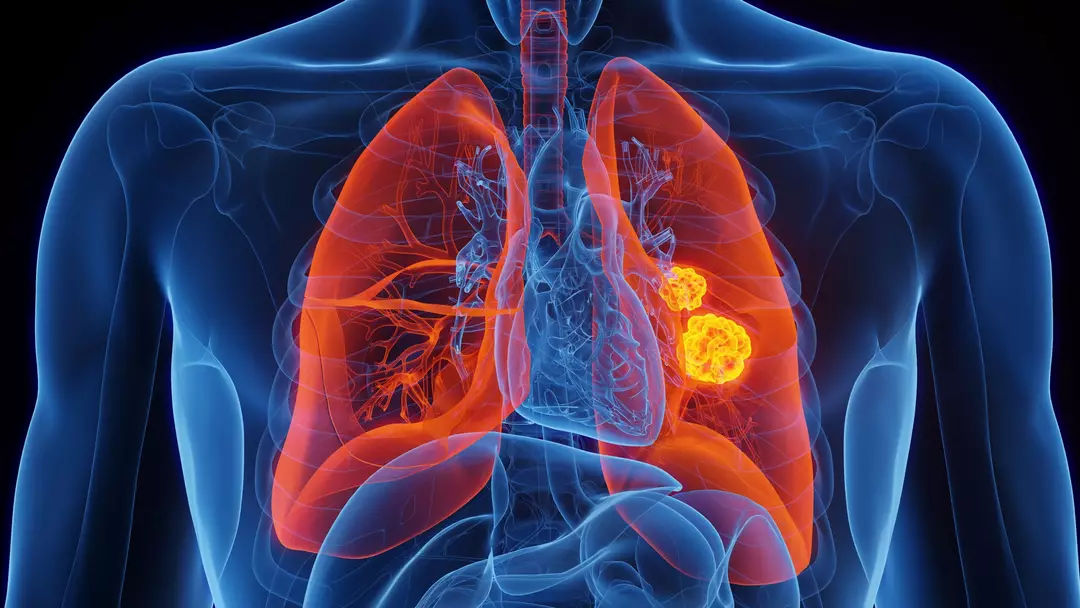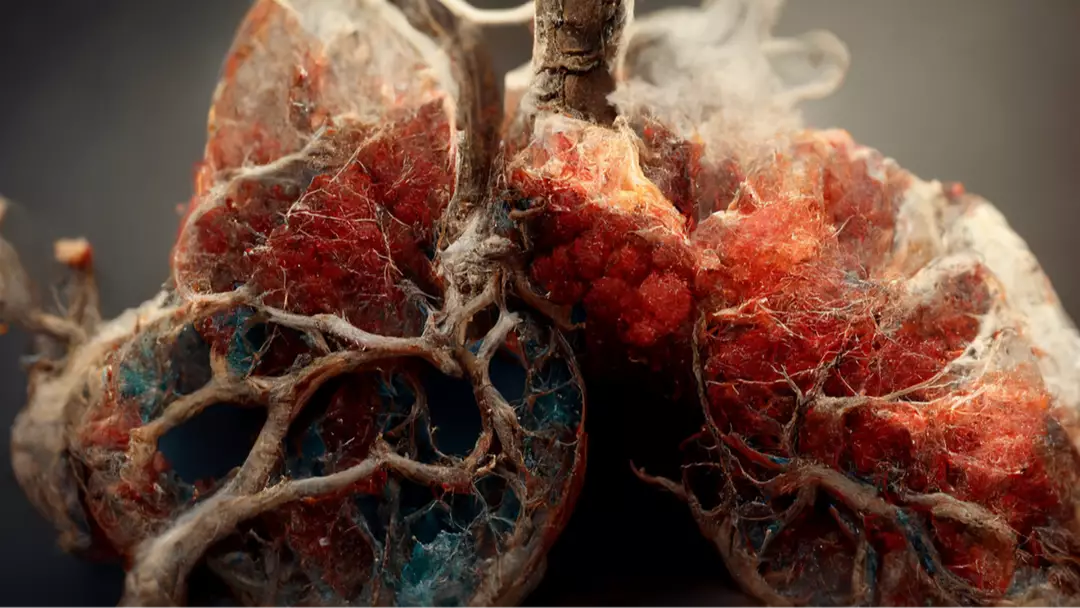In recognition of Lung Cancer Awareness Month, healthcare professionals are shedding light on the harsh realities of this disease and emphasizing the importance of understanding its symptoms.
The American Cancer Society states that lung cancer remains the most fatal form of cancer in the United States, with an anticipated 124,730 deaths projected by 2025.
Early detection is crucial for improving survival rates, with common symptoms including a persistent cough, fatigue, and difficulty breathing.
However, there are numerous misunderstandings regarding the causes of lung cancer, leading some individuals to overlook these warning signs.
Medical experts are now stressing the importance of vigilance, especially pointing out that lung cancer affects more than just smokers.
Individuals who do not smoke are still at risk due to factors like air pollution, secondhand smoke, and genetic predispositions.

Dr. Anadi Pachaury, a specialist in Surgical Oncology at Max Super Speciality Hospital, mentioned in a report that during colder seasons, some people might dismiss early signs as flu or other respiratory issues, reports Economic Times.
He advised individuals to be vigilant for a persistent cough lasting weeks, along with symptoms such as a hoarse voice, difficulty breathing, chest pain, and persistent fatigue.
Dr. Arun Kumar Goel emphasized that a cough persisting beyond three weeks should raise concerns, and symptoms can also manifest as blood in sputum, chest or back pain, frequent respiratory infections, and unexpected weight loss.
While these symptoms are particularly concerning for smokers and those in polluted environments, non-smokers can also develop lung cancer through passive smoke exposure.

Experts explained that cigarette smoke contains numerous toxic compounds that can damage lung cell DNA, leading to cancer.
While long-term smokers face heightened risks, any amount of smoking increases the danger.
“The most effective way to prevent lung cancer is to quit smoking completely—there’s no safe limit,” they mentioned according to the TOI report.
For non-smokers, they recommend minimizing air pollution exposure by using clean fuel sources and air purifiers at home.
Wearing protective masks on days with high pollution levels is also suggested.
Fortunately, there are lifestyle choices that can support lung health, including a balanced diet and regular exercise.
Dr. Pachaury recommended incorporating green leafy vegetables, fruits, and nuts into the diet for their antioxidant properties, while avoiding junk food and alcohol.
Additionally, Dr. Goel suggested using turmeric and engaging in daily 30 to 34-minute exercise sessions to enhance respiratory function and lung health.

